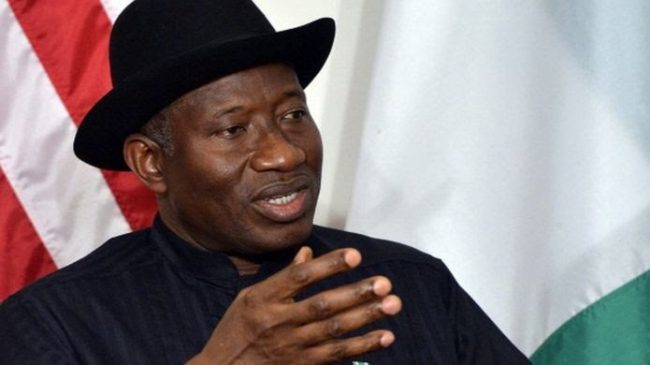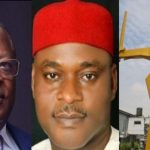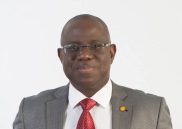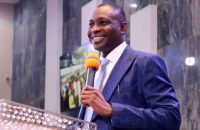

An operative of the Economic and Financial Crimes Commission (EFCC), Shuaibu Shehu on Thursday told the Federal High Court in Lagos that the sum of N4.6 billion allegedly transferred from the Ministry of External Affairs into a Joint Trust account was used to finance the Presidential Campaign of former President, Goodluck Jonathan.
Shehu was testifying at the ongoing trial of a former Minister of Aviation, Femi Fani-Kayode, a former Minister of Finance, Mrs Nenadi Usman and two others, who are standing trial over a 17-count charge of conspiracy and money laundering before Justice Daniel Osiagor.
Other defendants in the trial, which started in 2016, are Yusuf Danjuma, a former Chairman of the Association of Local Governments of Nigeria (ALGON) and a company, Jointtrust Dimensions Nigeria Limited.
Read Also: Chidinma Withdraws N5.5m From Ataga’s Account After his Death -Witness
The defendants, who were accused by the EFCC of laundering the sum of N4.6 billion between January and March 2015 all pleaded not guilty to the charge.
The witness had at the last sitting of the court told the judge that the sum of N1.5 billion was fraudulently transferred from the Ministry of External Affairs account to Joint Trust Dimension Nigeria Limited, allegedly belonging to a former Aviation Minister, Femi Fani-Kayode.
However, yesterday, while being cross-examined, by Nenadi Usman’s lawyer, Ferdinand Orbih, Shehu stated that his team, from the Special Task Force of the EFCC, did not invite former President Jonathan throughout their investigation.
He also added that the first Defendant, Nenadi Usman, was the Director of Finance, at President Goodluck Jonathan’s Campaign Organisation, while the second Defendant, Fani-Kayode, was the Director, of Media and Publicity of the organisation.
When the lawyer asked him why he did not invite President Jonathan to confirm or deny if the money paid into the Joint Trust account was expended for his campaign or not, the EFCC operative said “no we did not invite him, since the President was not the one that expended the money”.
When asked why those that transferred money into the Joint Trust account were arrested and prosecuted, he said “to the best of my knowledge, I do not know whether those that transferred money into the Joint Trust Account were charged to court or not. I am not a lawyer, and would not know why they have not been charged before the court”.
Shehu also testified that the money was paid from the State House to the NEA Account before it was transferred into the Joint Trust account.
The witness claimed that the money was paid by the Permanent Secretary, State House, Engineer Nebolisa Emodi and that he was invited for Interrogation by his team but not charged to court.
But when the lawyer asked the witness to name those that stole the money the Defendants are facing trial on, he said during his investigation, he did not investigate the Defendants for stealing, hence he would not know if they stole the money or not.
However, when Norrison Quakers (SAN) counsel to the second Defendant, (Fani-Kayode), confronted the witness with a Certified True Copy of Proceedings before Justice Rilwanu Aikawa, who was handling the case before he was transferred out of Lagos, where the witness stated that the money was stolen.
The EFCC operative said, “I did not investigate any stolen money, and I never used the word stolen, what I said was that the money was fraudulently transferred.”
Justice Osiagor has adjourned the matter till today (Friday) for the continuation of the trial.
In the charge, the defendants were alleged to have committed the offences between January and March 2015 in Lagos.
They were alleged to have at various times, unlawfully retained over N4.6 billion, which they reasonably ought to have known formed part of the proceeds of unlawful acts of stealing and corruption.
In counts 15 to 17, Fani-Kayode and one Olubode Oke, who is said to be at large, were alleged to have made cash payments of about N30 million to one Paste Poster Co (PPC) of No 125 Lewis St., Lagos.
The said payments were alleged to have been made more than the amounts allowed by law without going through a financial institution.
The offences were said to have contravened the provisions of sections 15 (3) (4), 16 (2) (b), and 16 (5) of the Money Laundering (Prohibition) (Amendment) Act, 2012.





















